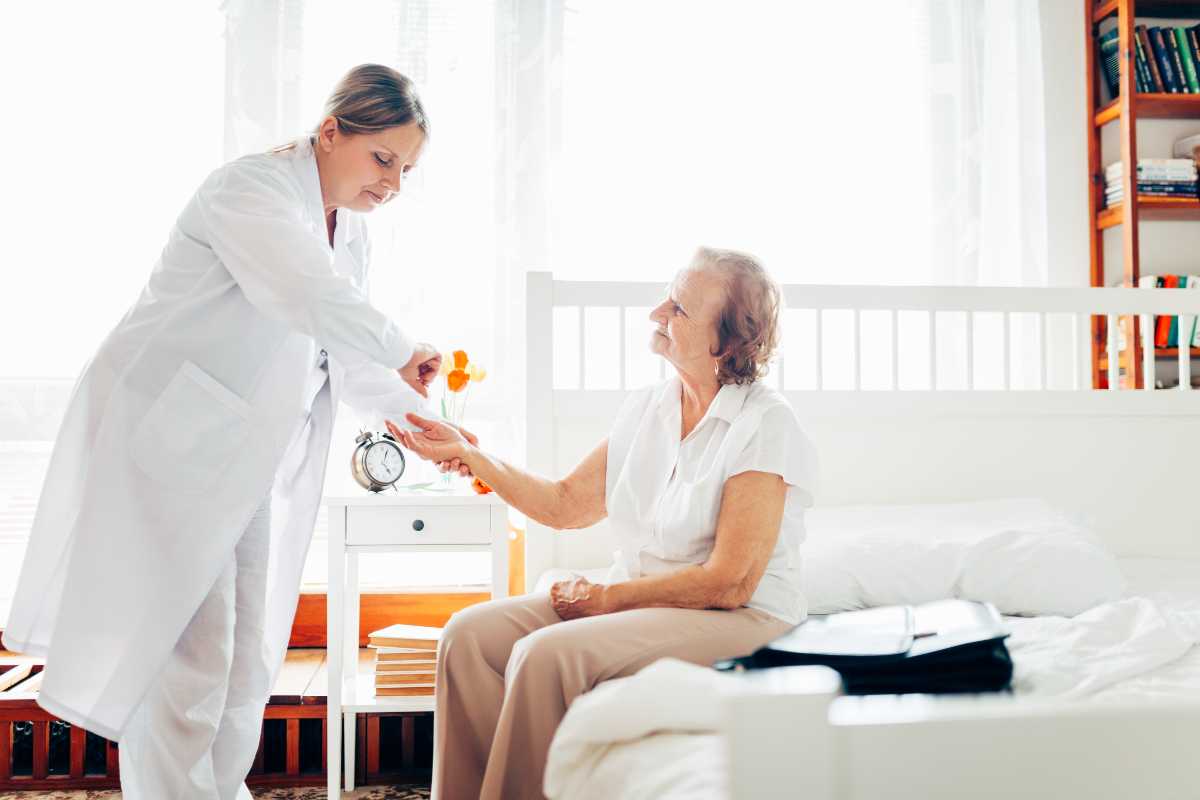
Research for better sleep in old age
"Ageing is not for the faint-hearted" - US actress Bette Davis put it in a nutshell. Thanks to constantly increasing life expectancy, more and more people are experiencing first-hand the great demands that ageing places on body and soul. Many spend their twilight years in a retirement home, a profound change that can trigger a real existential crisis. However, a collaborative research project in Vorarlberg is currently proving that this change does not have to mean the end of the line, but that it is also worth endeavouring to lead a fulfilled life.
The internal clock determines sleep in old age
Sleep efficiency suffers in old age: it takes longer for older people to fall asleep and it is also difficult to sleep through the night. This is mainly due to the circadian rhythm, the so-called internal clock. This no longer runs smoothly in old age. Reasons for this include a lack of activity during the day and a resulting loss of time structure. Other possible causes are side effects of medication, depression following the loss of a partner or severe pain. The worse the patient sleeps at night, the more likely they are to fall asleep during the day and not be able to muster any energy for activities. The result is a vicious circle that is all too often accepted as part of ageing, but by no means has to be.
Revolutionary research project in Vorarlberg
Since 2017, the "Vorderlandhus" social centre in Röthis (Vorarlberg, Austria) has been the subject of a ground-breaking research project that sheds light on the relationship between quality of life and quality of sleep in older people. "Individual configuration of AAL solutions using the example of measures to improve the quality of sleep of older people" - this project title refers to the development of age-appropriate assistance systems designed to improve the quality of life of senior citizens. The initiator of this project, FH Vorarlberg, and the sleep experts from SAMINA are the co-operation partners and implementers.
Positive results after just a few days
A representative study was carried out on four patient rooms. The sleeping environment of these four patients was optimised to enable the all-important regeneration during sleep. Among other things, this meant switching to grounded sleep, bedding made of pure natural materials and orthopaedically correct pillows. After just 2-3 days, the nursing staff noticed significant improvements in the quality of sleep and recovery in the four people observed. One of the four patients, who had previously exhibited speech problems, was also given the SAMINA Soundlife Sleep System. This use of music medicine brought about remarkable changes in her behaviour even after the first night; after a short time she appeared calmer and more balanced.



